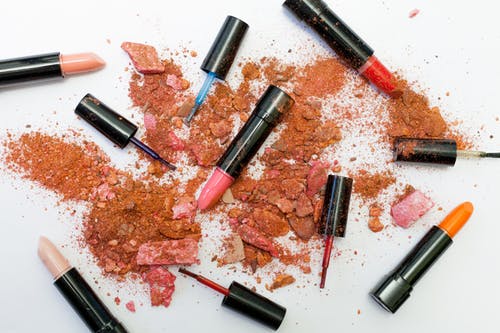
Beautycounter is finding out what is in our beauty products. The six-year-old startup has been in leader in pushing for better regulation in the personal care industry, and is lobbying lawmakers to pass the Personal Care Products Safety Act. The company also creates products that are free of more than 1,500 chemicals that are known to cause harm or are questionable. This research with Tufts will help bolster its own product development process.
Since 2016, Beautycounter has been helping fund this Tufts research. This is the first time that Beautycounter is announcing this collaboration. Tufts hopes to share its initial findings about phenoxyethanol and lavender extract, two ingredients it has been testing for the last few years. Gregg Refrew, the brand’s founder and CEO, sees this investment as a form of corporate social responsibility. “We’ve known for years that there are large data gaps in the beauty industry,” she says. “This collaboration is a new type of giving.”
The government has no clue what’s in your beauty products. It has been 80 years since Congress has passed any legislation to make our beauty products safer for us. Join the movement that’s trying to make beauty products better for all of us. There is currently legislation in California to get safer, better beauty products to women!
Maria Shriver places focus on those she considers “architects of change”, and she believes Beautycounter to be just that! Maria loves what Beautycounter stands for because of the company’s movement to make our cosmetics healthier, better for us.
